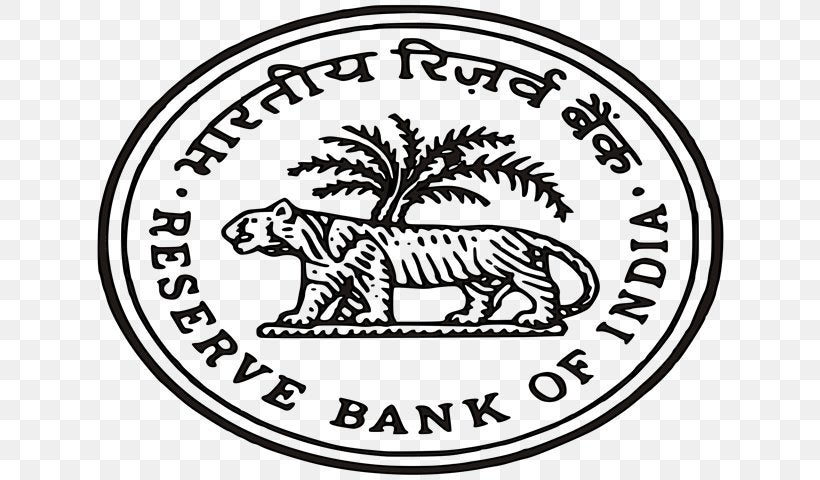
The Reserve Bank of India (RBI) has reportedly decided to set up an Automated Banknote Processing Centre (ABPC) in Jaipur, Rajasthan.
The decision comes amid the increase in circulation of banknotes in the country, the Press Trust of India (PTI) reported.

Access deeper industry intelligence
Experience unmatched clarity with a single platform that combines unique data, AI, and human expertise.
The functions of ABPC will include the receipt, storage, and dispatch of currency notes, from both currency chests (CCs) and bank branches.
ABPC will also help automate the disposal of soiled banknotes, the report added citing a tender document.
Through this document, RBI is looking for organisations to provide consultancy services for its new project.
Introducing the document, RBI said: “The Reserve Bank of India intends to establish an Automated Banknote Processing Centre (ABPC).

US Tariffs are shifting - will you react or anticipate?
Don’t let policy changes catch you off guard. Stay proactive with real-time data and expert analysis.
By GlobalData“The Bank, therefore, invites Request for Proposal (RFP) from qualified and capable firms or agencies or companies to provide comprehensive consultancy services for the proposed work.”
Storage
The proposed ABPC is expected to automate receipt and storage of fresh banknotes from the printing press and dispatch them to identified issue offices (IOs) or CCs.
RBI estimates that ABPC’s daily average storage capacity for fresh note stock will be 1,883 million pieces during 2024-25, 2,950 million pieces during 2029-30 and 6,853 million during 2039-40.
Soiled notes at 7,718 million pieces during 2024-25, 11,568 million during 2029-30 and 27,757 million during 2039-40.
Circulation
The central bank is solely responsible for issuing and managing the banknotes in the country.
Presently, four printing presses and mints supply the banknotes and coins, respectively, to RBI.
RBI’s 19 IOs across the country receive these banknotes and coins, which are further distributed to 3,300 CCs that are run by scheduled banks.
The CCs store the currency and distribute them to many bank branches or ATMs for public access.
A Currency Verification and Processing System (CVPS) verifies the unfit notes, which are then destroyed by shredding.
Comment
In the document, RBI said: “Cash remains an important mode of payment for most Indian citizens, notwithstanding the growth in digital payments.
“In fact, the banknotes in circulation have been concurrently growing with the rise in digital payments.
“This has necessitated a relook at the present system of cash management and a need is felt to automate the handling of banknotes for receipt, storage, retrieval, processing, and destruction, in line with the global changes, adopting modern technology.
“The proposed ABPC is expected to provide for storage and dispatch of fresh banknotes and storage and processing of soiled banknotes to/from the identified CCs/bank branches covering the jurisdiction of the states being catered.
“The facility may be designed to store the daily average fresh note stock requirement and hold a stock of about 15 days of soiled banknotes and provide commensurate processing and destruction capacities.”







